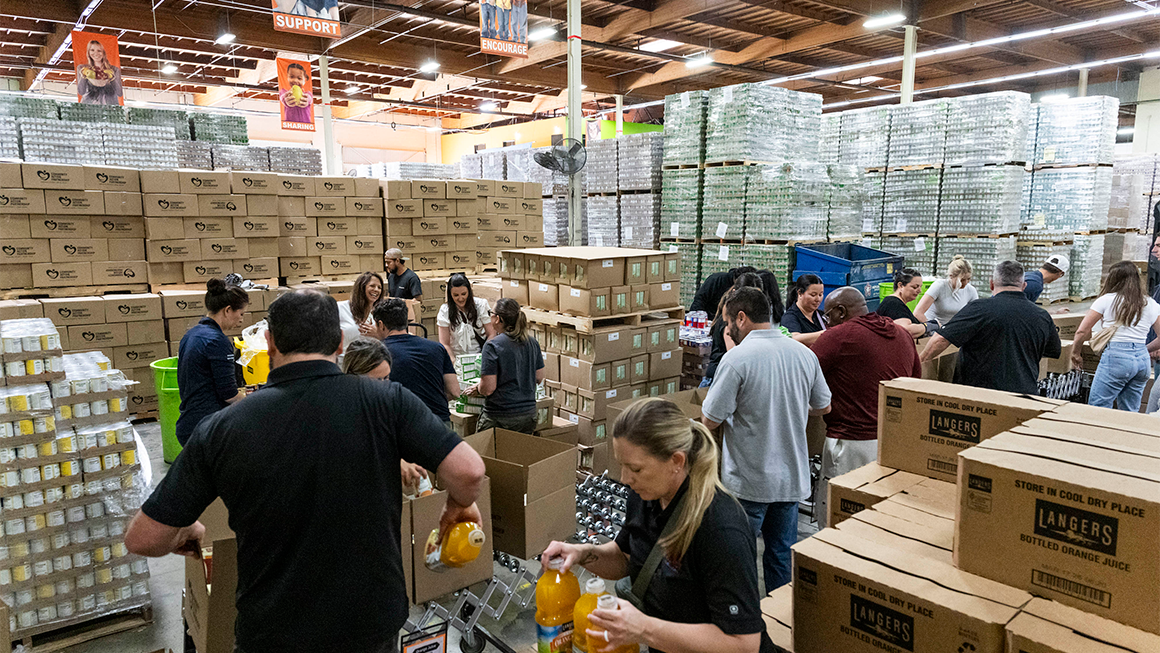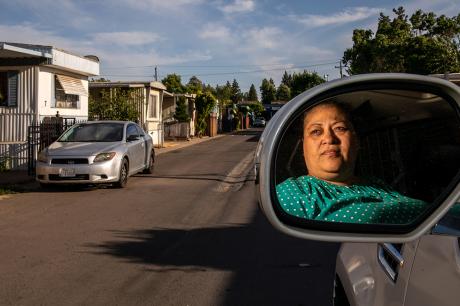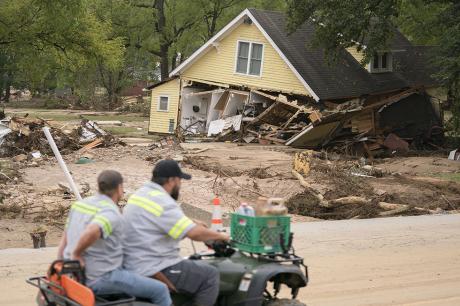Articles and analysis on today's issues

Federal cuts to the Supplemental Nutrition Assistance Program could cause some DC-area families to lose an average of $187 in monthly benefits.
Improving Financial Stability for Renters through Partnerships Between Local Housing and Financial Empowerment Service Providers As renting costs continue to rise faster than wages, partnerships that provide rental assistance, eviction prevention, and financial counseling services could help renters work toward housing and financial stability in the short and long terms.How North Carolina Can Address Housing Challenges After Hurricane Helene To ensure western North Carolina residents can return home after Hurricane Helene, policymakers and other organizations must prioritize an equitable, resilient housing recovery.Diversifying the Health Care Workforce can Reduce Black Infant Mortality Rates As Black infant mortality remains disproportionately high, a growing body of evidence confirms that diversifying the health care workforce can reduce rates.Lacking Life Insurance Makes Many Hispanic Families Especially Vulnerable in Times of Crisis Hispanic families have the lowest rates of life insurance coverage of all racial and ethnic groups. What does this mean for their long-term financial resilience?How Financial Planning Can Help Baby Bonds and Child Savings Accounts Achieve Their Goals In recent years, early life wealth-building programs have been designed to reduce racial inequities, help young adults increase wealth, and improve national economic growth. Now, some programs are considering incorporating financial literacy and education requirements.To Protect Disabled People during Climate Disasters, We Need to Invest More in Rural Connectivity Rural communities are home to a disproportionate number of people with disabilities. Investing in more reliable, accessible communication systems can help rural disabled people access the supports they need during climate emergencies.





